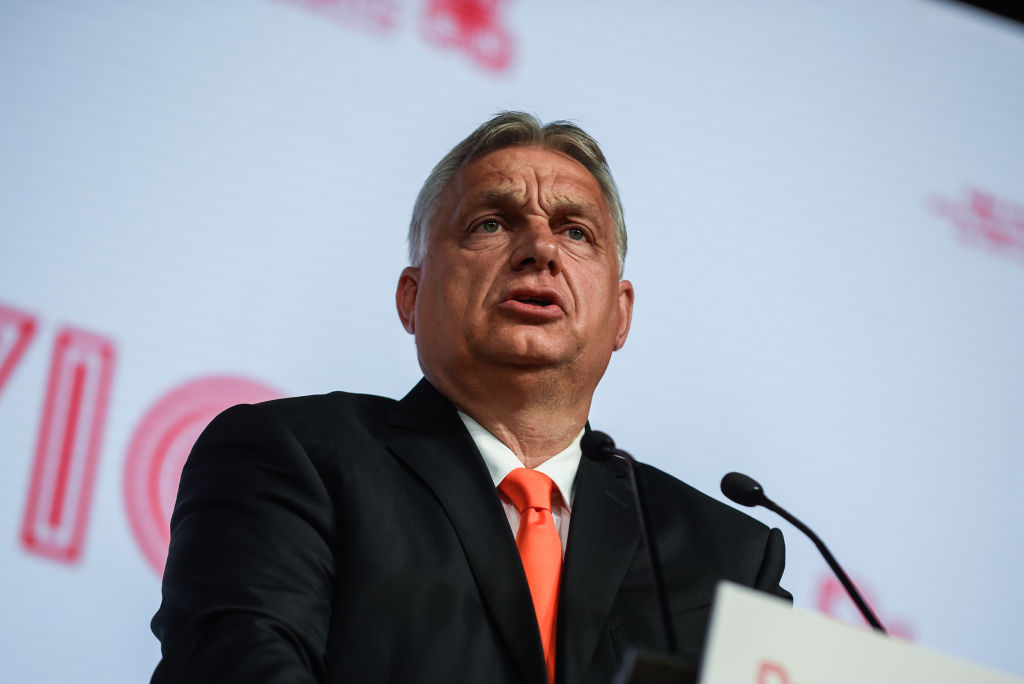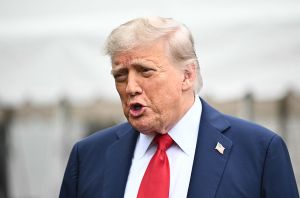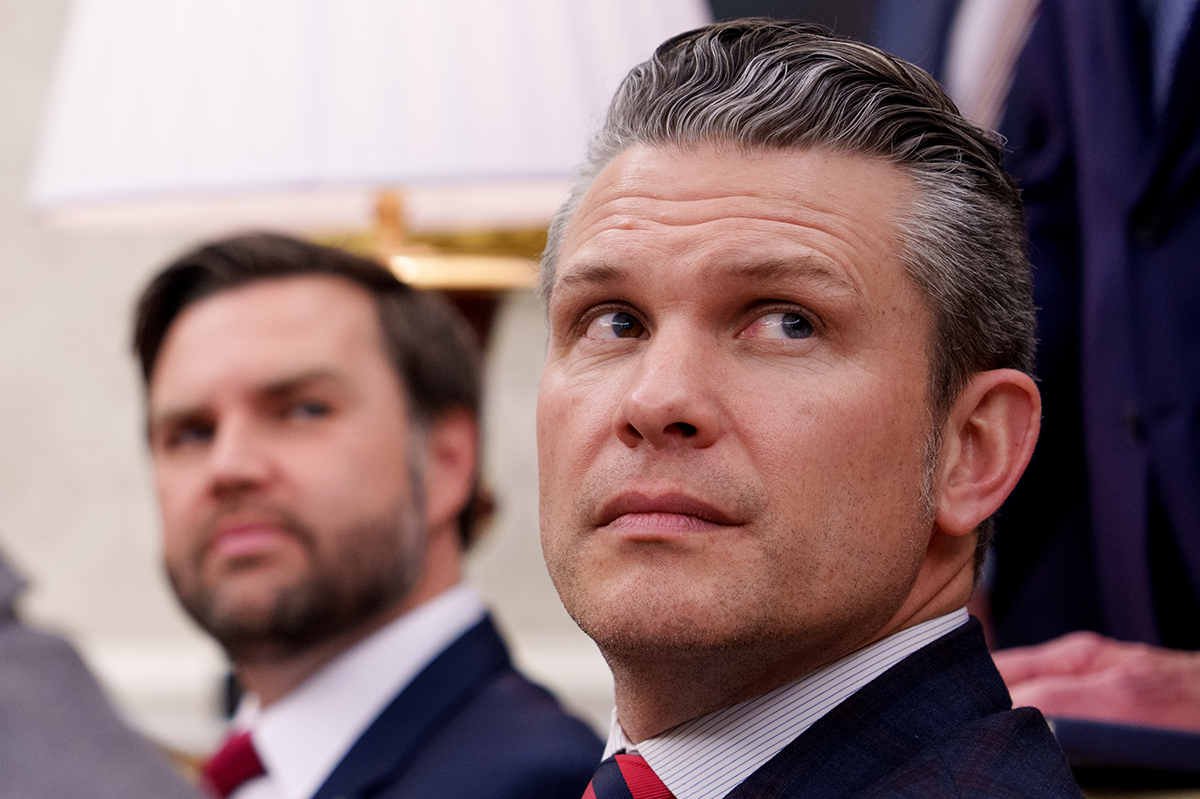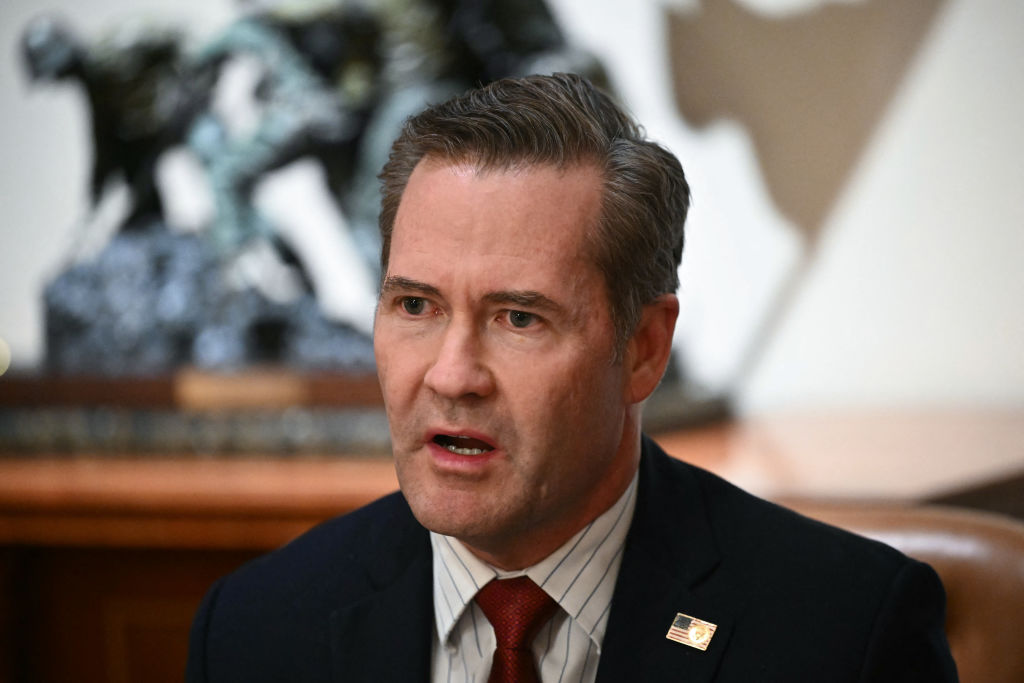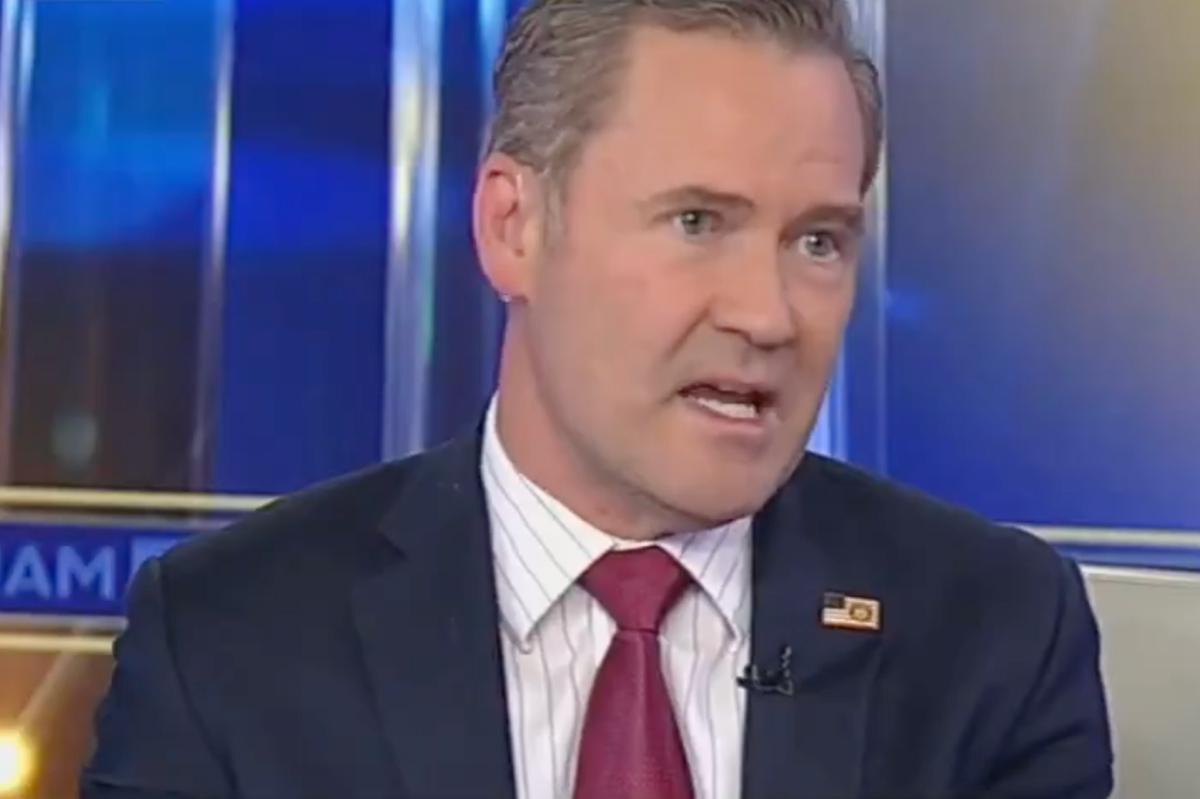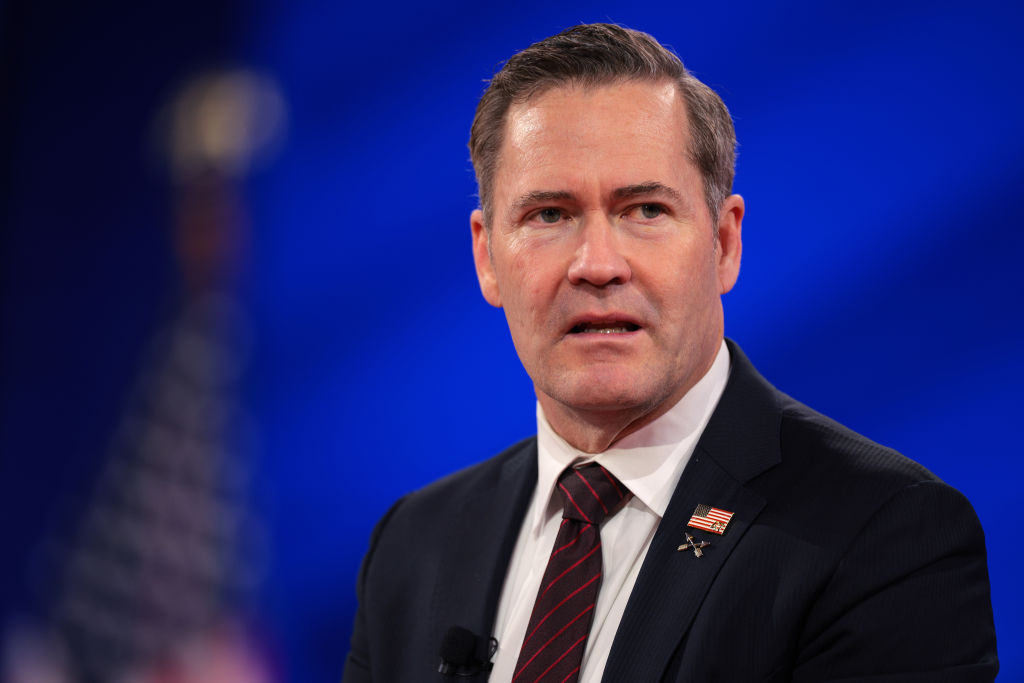Wake up, everyone! Democracy is in peril again.
Blasting across Cockburn’s email feed recently was a new piece from Yasmeen Serhan for the Atlantic, titled ‘The Autocrat’s Legacy.’ The piece is about the unfathomable wickedness of Hungarian prime minister Viktor Orbán. He’s the autocrat.
Orbán doesn’t stick his opponents in jail or ban political parties or rig the votes in elections. He’s a much deadlier kind of authoritarian: the kind who wins elections but believes wrong things.
Orbán has been the dominant political force in Hungary since 2010, when his Fidesz party dominated elections so thoroughly that they achieved a supermajority capable of passing a new constitution (which they did; replacing Hungary’s Communist-era document). Whoops, that’s ‘supermajority’. Serhan puts the word in quotes to indicate that it is illegitimate, because Fidesz getting lots of seats when it wins by 18 points just isn’t fair.
‘Orbán doesn’t follow the classic authoritarian playbook of jailing opposition politicians, arresting journalists, or violently cracking down on protesters, as is so often the case in places such as Russia or Belarus,’ Serhan writes. So, in other words, Orbán is not an authoritarian. He’s just a guy who wins elections.
What, then, are the Magyar Monstrosity’s offenses against the noble goddess of Democracy? Well, he expanded the franchise and gave the vote to more people. Wait, isn’t that a good thing?, you ask. Fool! Orbán is letting ethnic Hungarians who live abroad vote in their homeland’s elections. That’s very undemocratic, unlike letting in 10 million illegal immigrants and then amnestying them for the express purpose of remaking the electorate. That’s empowering.
Serhan’s other accusations against Orbán are in the same vein. The victor of three straight elections has ‘installed allies at key posts such as the central bank, the prosecutor’s office, and the media-watchdog agency,’ by…having the Hungarian parliament confirm them with a two-thirds vote (yikes!). He has ‘packed the country’s constitutional court with loyalists’; Serhan doesn’t specify, but the big complaint in 2020 was that Orbán named a new president of the Supreme Court who lacked prior judicial or courtroom experience. Sure, in 2010 Barack Obama did the exact same thing and NPR didn’t deduct any democracy points from America for it, but that was different.
That’s really what this is all about in the end. For the trans-Atlantic Atlantic set, ‘democracy’ has stopped meaning ‘government through popular elections’ and instead means an ever-narrowing set of neoliberal priorities. Defy any of these priorities, and you’ve left the pale of democracy to embrace ‘competitive authoritarianism’, in Serhan’s paradoxical wording. On the other hand, for neoliberals, virtually any tactic is acceptable if done in the name of ‘preserving democracy’.
When Orbán makes appointments to his high court, it is ‘packing’ regardless of context. Last fall, Serhan’s colleague Adam Serwer overtly called for packing the Supreme Court to save democracy.
When independent media outlets in Hungary struggle to find advertisers, it is ‘soft autocracy’. When the most popular cable show in America can’t find any advertisers besides a pillow salesman, that’s corporate America standing against hate.
In 2019, the Washington Post complained that Hungary’s electoral commission rejected complaints on ‘formalistic grounds’, but the paper wasn’t perturbed at all a year later when the Pennsylvania Supreme Court kicked the Green party off the ballot for faxing an affidavit instead of mailing it in.
Winning three landslide election victories in a fair vote is not democracy if the government then bans gay marriage, but an unelected Supreme Court imposing gay marriage nationwide by a 5-4 vote is exactly what Cleisthenes envisioned 2,500 years ago.
More than ever before, Western elites simply equate democracy with their own power. In a time when Western power seems shakier than ever, they tell the public that democracy means they are the only acceptable choice to lead. So, who is really putting democracy in peril?



